Résultats de la recherche pour : Jan Nelis
Belgique : entre « cours de rien » et cours de philosophie et de citoyenneté
La rentrée scolaire 2015 en Belgique francophone est la première depuis l’arrêt de la Cour constitutionnelle imposant à la Communauté française (Fédération Wallonie-Bruxelles) d’octroyer une dispense du cours de religion ou de morale non confessionnelle à tous les parents (ou aux élèves majeurs) qui en font la demande. Qu’adviendra-t-il de ces élèves dispensés pendant les deux heures ainsi libérées ? Quel impact cette nouvelle organisation peut-elle avoir sur l’avenir de l’enseignement des religions et de la morale à plus long terme ? Les questions sont aujourd’hui nombreuses, et souvent sans réponse claire.
Revue de presse hebdo, 5 septembre
Inde
La semaine dernière, un conseil de village du nord de l’Inde a exigé que deux jeunes filles soient violées collectivement. Si cette décision a suscité l'indignation générale, c'est loin d'être un cas isolé. Les châtiments archaïques de ce type subsistent dans plusieurs régions du monde — Viols collectifs, lapidations, peines capitales… Quand le rite fait justice (Hortense Nicolet, Le Figaro)
Pakistan
Les Zoroastriens sont établis depuis plus d'un millénaire dans le sous-continent indien, mais le vieillissement de la population dans cette communauté aux règles de mariages strictes et une vague d'exil en Occident pourraient y reléguer ces "adorateurs du feu" aux livres d'histoire — Au Pakistan, quel avenir pour adeptes du culte de Zarathoustra ? (Le Vif)
Revue de presse, 4 septembre
Hongrie
"Etre chrétien, c'est 'montrer que l'on est prêt à faire preuve de solidarité', a réagi le président du Conseil européen Donald Tusk, qui reçoit le Premier ministre hongrois" — L'afflux des réfugiés menace l'identité chrétienne de l'Europe, selon Viktor Orban (AFP, Le Soir)
Les récents propos du Premier ministre hongrois Viktor Orban à propos des réfugiés qui sont, selon lui, 'une menace pour l'identité chrétienne en Europe' - suivis de la réaction par téléphone de Jean-Pierre Delville, évêque de Liège et professeur à l'UCL (Aline Gonçalves, Matin Première - RTBF)
Revue de presse, 3 septembre
Belgique
"Charles Michel, Jan Jambon et Bart De Wever sont partis à la rencontre de la communauté juive d'Anvers pour parler sécurité" — Sécurité des Juifs : «Des mesures à la hauteur des menaces», selon De Wever (D.V et M.Bn, Le Soir)
"De Joodse gemeenschap in Antwerpen kreeg bezoek van premier Charles Michel (MR) en minister van Binnenlandse Zaken Jan Jambon (N-VA). Het belangrijkste thema: veiligheid" — Michel : 'Nultolerantie voor antisemitisme' (jvt en Belga, De Standaard)
Croatia
Croatia is a predominantly Catholic country in which religion is significantly present in private life as well as in the public sphere, where its role has been subject to debate. According to 2011 Census data, 86.28 % of the population is Catholic, 4.44 % Orthodox, 1.47 % Muslim, 0.34 % Protestant, 0.43 % member of other religious denominations, and 7.03 % non-religious, atheist, “not declared”, agnostic, sceptic, or “unknown”. A comparison with 2001 Census data reveals almost no changes, while a comparison with 1991 Census data shows that major shifts in the confessional structure have taken place, i.e. an increase of the number of Catholics and a decrease of the number of Orthodox, mainly as a result of the disintegration of former Yugoslavia and the war for Croatian independence. Thus the share of Catholics has risen from 76.5 % in 1991 to 87.97 % in 2001, while the share of Orthodox has dropped from 11.1 % in 1991 to 4.42 % in 2011. There has also been a small but significant rise in the share of non-believers, “not declared”, agnostics and “unknown”: from 3.9 % in 1991 to 7.03 % in 2011 (Croatian Bureau of Statistics, Census data).
Czech Republic
The history of Christianity in Czech lands goes back to the 9th century when prince Bořivoj I. was baptized. In the early 15th century, Jan Hus, a reformist priest and predecessor of the Protestant movement, was burned for heresy against Catholic doctrine. This initiated the Hussite movement (also known as the Czech Reformation) that introduced Protestantism into Czech lands. After 1620, the Habsburg-led Counter-Reformation strived for the suppression of Protestantism and the (largely successful) re-Catholization of the Czech population. From the late 18th century on, more space was opened for Protestant denominations; however, Catholicism remained the dominant religion in Czech lands.
France
France is usually thought of as the embodiment of laïcité (secularism). However, the struggle to both reach a generally accepted understanding of it, and to implement it, is ongoing. The immediate past has highlighted tensions due to religious beliefs and practices in French society, whereas recent social and religious evolutions also have an impact on laïcité. Laïcité is nowadays an important topic in French public debate: according to the catalogue of the Bibliothèque nationale de France, in 2014 no less than 11 books contained the word in their title, whereas newspaper Le Monde recently also dedicated a newsletter to it. Another illustration of this reality is the formation, by the government, of a monitoring group on secularity, the Observatoire de la Laïcité, which was created in 2007 by president Jacques Chirac and fully set up in 2013 by president François Hollande and prime minister Jean-Marc Ayrault. The aim of this monitoring group is to advise and assist the government in ensuring respect of the principle of laïcité. In July 2014, the Group issued a short note entitled La laïcité aujourd’hui (Secularism today), recalling the historical roots and meaning of secularism and developing ways of implementing it in contemporary society. This reflects the current struggle to reach a balance between promotion of secularism and respect of religious freedom.
Latvia
Up until today, Latvia’s religious landscape has been influenced by ruling ideologies and political systems. When the Republic of Latvia was established in 1918, the Lutherans were active in the country’s political life through the intermediary of their political parties, as did other denominations. In the early 20th century, they were numerically the largest denomination in Latvia, accounting for 55 % of the population. Subsequently, the Lutheran Church suffered heavily during the Soviet occupation: 12 Lutheran pastors were killed in 1940; many others were sent off to Siberia. Repression continued in the 1950s: a significant number of Lutheran churches were deconsecrated and transformed into warehouses, shops, sports halls and clubs. However, the Lutheran Church survived and Lutheran clergy were very active in the anti-Soviet movement during the 1980’s.
Luxembourg
The recent redefinition (2013-2015) of the relationship between the State and so-called recognized religions is currently the major issue animating the religious landscape in Luxembourg. This reform comprises a substantial reduction of the State’s future financial support for religions. It also brings about public recognition of Islam, its representatives having been invited for the first time at the negotiating table. Next to these moves monopolizing media attention, a recent major development seems to go largely unnoticed by the authorities and by public opinion: the staggering success of the Pentecostal ‘megachurches’ originating in the Protestant-evangelical movement.
Poland
In Poland, religious freedom is guaranteed by the 1997 Constitution and by international instruments incorporated into Polish law. The country is also party to most European and universal human rights documents. In 2003, the number of Catholics was estimated at 34,443,998 (90.1 % of the entire population), the number of Orthodox Christians at 510,712 (1.34 %) and the number of Protestants at 162,102 (0.42 %). Surveys of the Centre of Public Opinion Research (CBOS) and the Catholic Church Institute of Statistics have shown that 90 % of the Polish population consider themselves a religious person, whereas the latest CBOS survey (2015) reveals that 50 % of the population participates in mass at least once a week (58 % in 2005). The same survey indicates that the proportion of people who do not attend Church services has increased from 9 % in 2005 to 13 % in 2015. Daily prayer is also in steep decline: from 66 % in 2005 to 43 % in 2015.





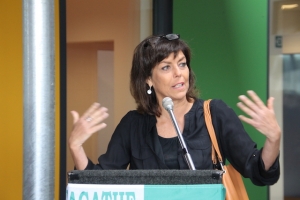
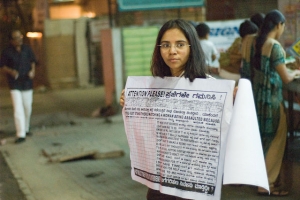
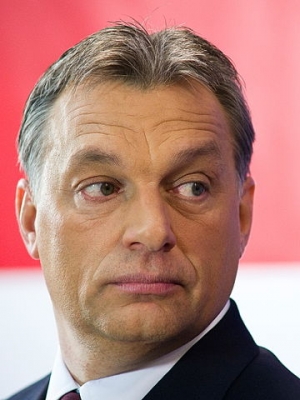

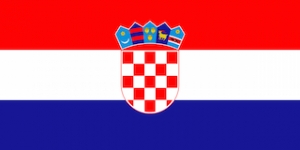
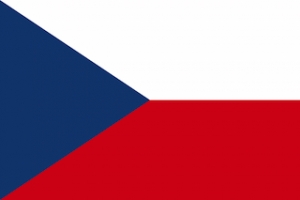
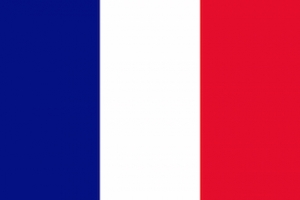
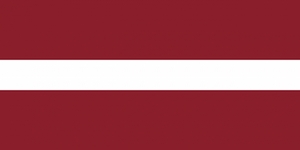
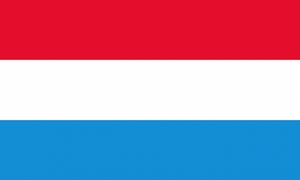
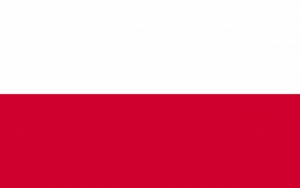
 MangoGem
MangoGem